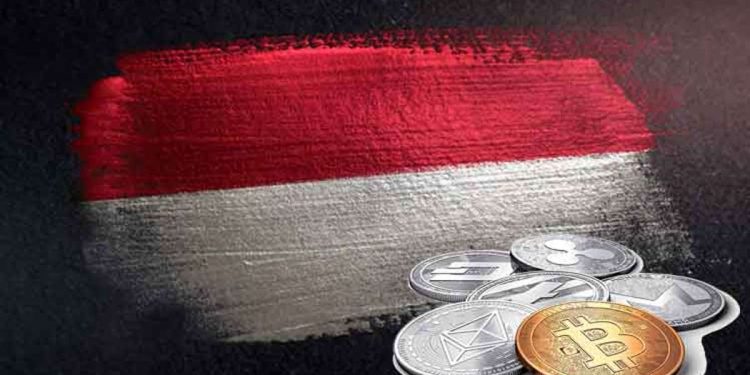Jakarta, Indonesia Sentinel — The Indonesian crypto industry is facing growing concerns over the transition of regulatory oversight from the Commodity Futures Trading Regulatory Agency (Bappebti) to the Financial Services Authority (OJK). Many crypto investors and business owners fear that the shift could lead to increased restrictions on digital asset availability, potentially stifling market growth.
The transition follows the mandate of Law No. 4 of 2023 on the Development and Strengthening of the Financial Sector, which aims to create a more transparent and structured ecosystem while enhancing consumer protection. However, the move has sparked concerns among industry players who worry about the tightening of regulations and a reduction in the number of available cryptocurrencies.
OJK’s Chief Executive for Financial Sector Technology Innovation, Digital Financial Assets, and Crypto Assets Supervision, Hasan Fawzi, acknowledged these concerns. In a written statement on Thursday (Feb. 6, 2025), he assured stakeholders that the regulatory shift is intended to support innovation rather than hinder it.
“We understand the concerns regarding the perceived limitation on crypto asset availability. However, OJK remains committed to fostering an environment that supports industry growth while ensuring compliance with established standards,” Hasan stated.
He further emphasized that crypto assets traded in Indonesia must meet the criteria outlined in OJK Regulation No. 27 of 2024. These include requirements related to technological security, utility, and overall market stability. The goal, he explained, is to protect consumers from excessive speculation and potential market manipulation.
To mitigate the impact of the transition, OJK has outlined four key measures:
- Industry Consultations: OJK is actively engaging with crypto industry stakeholders to gather feedback and address concerns.
- Education and Adaptation Support: The authority aims to help businesses and investors adapt to the new regulatory framework through public awareness campaigns and educational initiatives.
- Enhanced Transparency via Exchanges: OJK will enforce stricter oversight on crypto exchanges to ensure fair trading practices and increase market transparency.
- Fair and Efficient Evaluation Process: The regulatory body is committed to implementing a streamlined evaluation process to minimize unnecessary delays in approving digital assets.
“We acknowledge that major regulatory changes require time for adaptation. Our commitment is to ensure that this transition not only enhances consumer protection but also promotes an innovative, sustainable, and globally competitive crypto industry in Indonesia,” Hasan added.
Read Also:
Hacker Discovers Critical Weakness in Indonesia’s Core Tax System
The crypto industry in Indonesia has experienced rapid growth in recent years, with millions of active investors and a rising number of blockchain startups. However, the regulatory environment has remained a contentious issue, as authorities attempt to balance investor protection with fostering innovation.
While Indonesia’s approach mirrors global trends in crypto regulation, industry players fear that overly restrictive policies could drive innovation offshore. Market analysts warn that a more limited selection of tradable crypto assets could push Indonesian investors toward unregulated platforms, potentially increasing risks rather than reducing them.
Despite the concerns, OJK insists that the new framework will ultimately benefit the industry in the long run by ensuring greater market integrity and fostering a safer investment environment.
As the transition unfolds, the Indonesian crypto community will be closely monitoring how OJK implements its regulatory measures and whether the new oversight structure will strike the right balance between regulation and innovation.
(Becky)


























